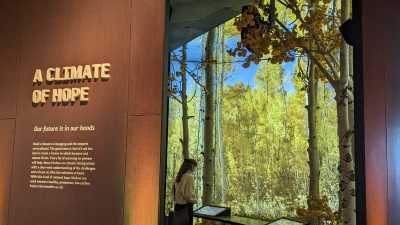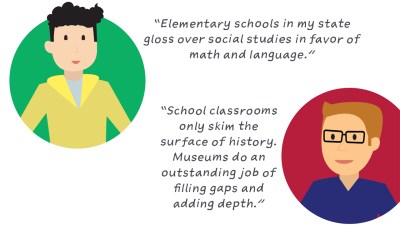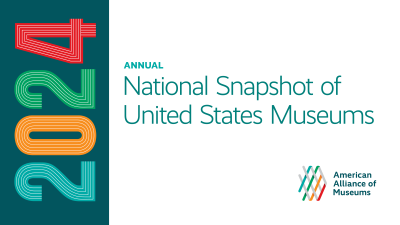In 2020, the Coronavirus pandemic, the murder of George Floyd, and the subsequent national and worldwide protests, along with too many other events to list, drew attention to systemic racism in focused and unignorable ways and demanded that museums step up to dismantling systemic racism.
The Science Museum of Minnesota responded by putting together the Advancing Conversations that intersect STEM and Racial Justice (STEM-RJ) project, funded by the National Science Foundation. The goal of STEM-RJ is to better understand how an informal science education institution can partner with racial justice advocates in three sites across Minnesota. Community members design and facilitate virtual STEM-informed activities to support people’s ability to understand, process, and work toward dismantling systemic racism in communities.
Woven into this project is research that seeks to advance understanding in three areas: how virtual STEM-informed activities that allow community members to explore, understand, or act upon the impacts of systemic racism in their communities; characteristics of a successful collaboration between racial justice advocates and an informal science education institution; and how local collaboratives define the long-term success of their work and track progress over time.
Skip over related stories to continue reading articleWatch this session recording as STEM-RJ racial justice advocates share their stories and experiences, researchers focus on how they’re using participatory approaches, and practitioners discuss what it means to co-create.
Session attendees will walk away with knowledge of inclusive practices in order to work alongside communities in addressing complex and personal issues like systemic racism and equity-oriented strategies in order to conduct research and evaluation with, not on, communities.







Comments